To be a mother is one of the greatest gifts and power that god has given to females. As has been said- the hand that rocks the cradle, rules the world; which means – a mother while raising a child, influences his/her character and hence determines the kind of future, a society will have. But this power comes with lot’s of responsibility. Pregnancy is a time, when a care free inexperienced girl, gradually changes to a cautious, responsible mother. In many cultures, childbirth is considered to be the birth of two individuals – the baby as well it’s mother. Unfortunately sometimes, in the transition phase from being a carefree girl to matured individual, entrusted with safeguarding a helpless- innocent life, a mother makes many mistakes, just because they become too overcautious. This article is written with the intention, to provide some guidance to those who are making the biggest transition in their life.
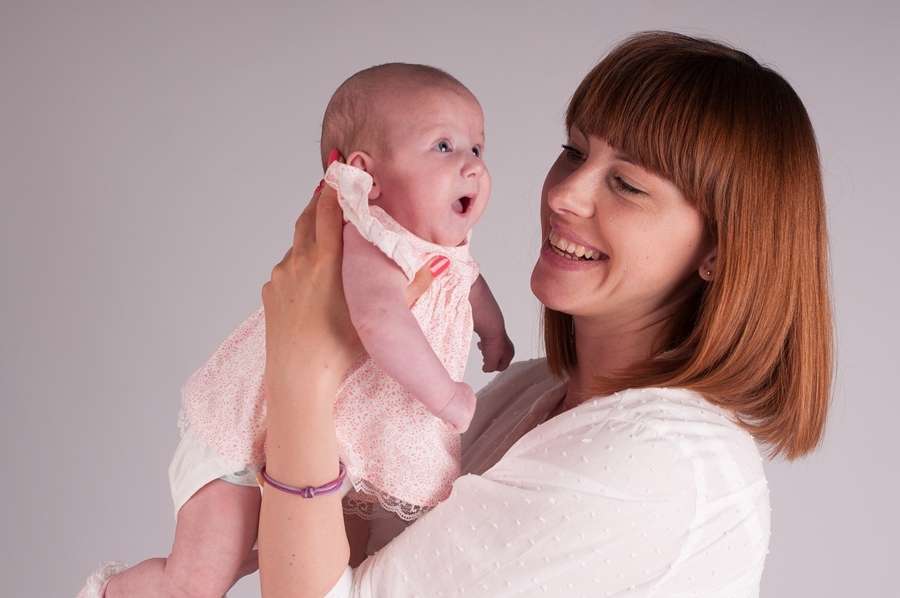
During pregnancy, the body of the woman concerned undergoes many changes and sometimes also gives rise to physical discomfort needing medicinal treatment. Sometimes the aspiring mother may already be on some medications, for some prior health conditions. But there are some medicines which may not be healthy for the unborn babies in uterus, the reason being a foetus may be undergoing many developmental changes and the medicines, may hamper these developments negatively. In fact there is a definite name for medications, which can cause anatomical birth defects in developing embryos. These are called teratogenic drugs and productions of defect in foetus is called teratogenesis.
It has to be understood, that birth defects can be caused even without taking any harmful medications. It has been observed that the chances of birth defect developing in pregnant women is around four percent, in the general population. The reason for this may be other factors like – Accidental trauma, Genetic effect ( responsible for 25% percentage of cases) and other environmental reasons. Medications causing birth defects accounts for only 2-3% of cases, but it’s importance lies in the fact, that many times, it is preventable. Many times the cause may not be ascertained (which may occur in 65% cases and may involve more than one cause – multifactorial). In the microscopic level the final outcome may be because of cellular death of the embryo in uterus, reduced division of cell, the interaction between cells of foetus does not take place in proper way or the cells may not move to it’s proper position in body.
The birth defects may be major or minor. The MAJOR CASES are those in which the baby may not survive after birth. A typical example is – Anencephaly. It is the absence of major portion of brain, skull and scalp and happens when the formation of rudimentary brain does not go according to normal process, which happens between 23 to 26 days following conception. The infant after birth survives only for few hours to few days. Sometimes major birth defects manifests as congenital heart disease, which would need surgery for correction. Sometimes it may also manifest as situations, that may not be corrected by surgery but at the same time it also does not cause death, like in people suffering from mental retardation. The MINOR CASES are which does not cause any mortality or major morbidity in the new-born. Cases of extra fingers in hands and extra toes in feet are typical examples. Having ear tags is also an example of minor birth defects.

Even the medicines which can cause deformities, do not carry damage in same intensity. Some medications cause more damage compared to others. Sometimes the opinion given, depends on animal testing and so opinions regarding humans may be doubtful and cannot be predicted accurately.
Sometimes the same medication may cause different problems in the developing baby, depending on the period in which, it was given. A classical example, would be the medicine known as – Thalidomide, which caused the Thalidomide disaster, considered as one of the darkest chapter in medicinal history. This medicine was used as a sleeping pill, in the middle of the 20th century and was prescribed to many people, without any consideration of pregnancy. As the drug also reduced morning sickness, so it was extensively used in pregnant women. Later the side effects came to light, when innumerable babies (suspected to be over 10,000 in number) were born with deformed limbs in all the areas, where the medicine was used extensively. Now after extensive investigations, it has been proved that, thalidomide given between days 35 - 37 of pregnancy causes Ear problems (absence of external ear ) and when it is given between 41 – 44 days, then it causes congenital deformity in which the limbs of the babies are grossly underdeveloped or absent. This proves that the effect may also depend on the developmental stage during which the medicines is given, as organ formation in embryos in uterus, occurs between 5 to 10 weeks, after stoppage of menstruation. During this period the chances of damage to the embryos is maximum.
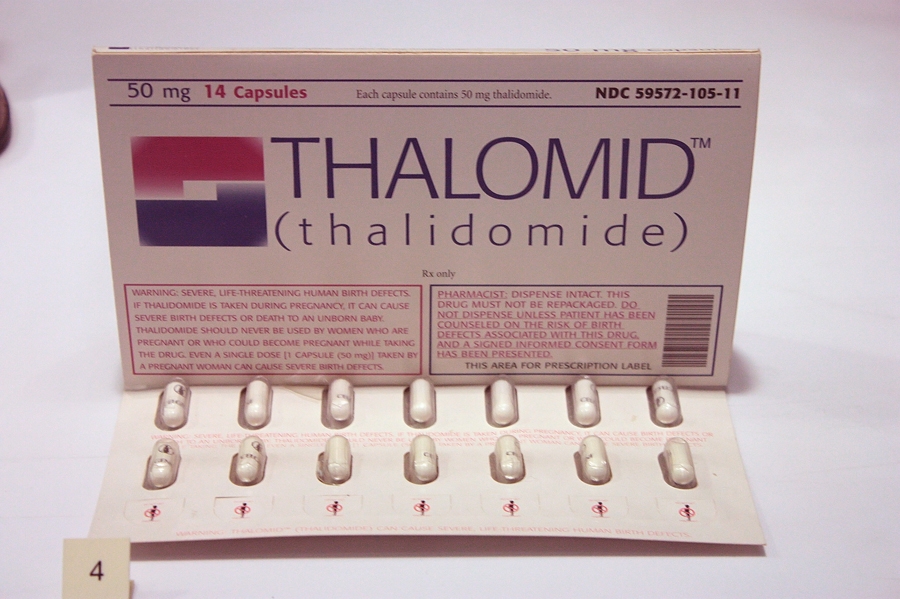
The effects also depends on the dose of medicine and how it is given. Small doses given over a long duration would produce a different effect over a combined large dose given once. In a same way, two or more medicines given together, will create a different effect than when they are given separately, as some medicines increases the harmful effect of other medicine when given together. Sometimes the effect of the harmful medicines also depend on weight of the mother (which influences the ratio of dose of medicine per unit of mother’s weight) and her diet too. Sometimes factors like mothers dietic status and illness also makes a difference, as a malnourished severely ill mother may be more prone, to medicinal side effects as well as her baby in the Uterus.
A brief description of the class of medicines and the type of side effect it can cause, is discussed for the benefits of all those ladies, who are thinking of getting pregnant, but are already taking prescription medicines, for some health concerns. This is for general guidance, and is certainly not a substitute for a personalised health examination by a registered medical practitioner. The discussion just reflects the chances of developing birth defect and certainly does not mention, that birth defects would occur in 100 % of women taking the medications. Sometimes the medications causing the malformation may have to be continued, if the treating physician believes that the medicine is more important in mother’s life, than the chances of causing defects in the would be baby, in such situation some kind of contraceptive measures should be taken to avoid pregnancy. For sake of simplicity, the medicines(drugs) are mentioned by Generic names only
Epilepsy medications generally increases the chance of birth defects by almost two times. Some of the medications in this category are Phenytoin, Valproic acid and Carbamazepine. These medicines are associated with the increased probability of developing – Cleft lip, Cleft palate, congenital heart diseases, nervous system abnormalities & defects, increased probability of developing epilepsy and foetal hydantoin syndrome (Characterised by small head associated with incomplete brain formation, mental retardation ,growth deficiency and developmental delays, and abnormalities in development of finger, toes and heart.)
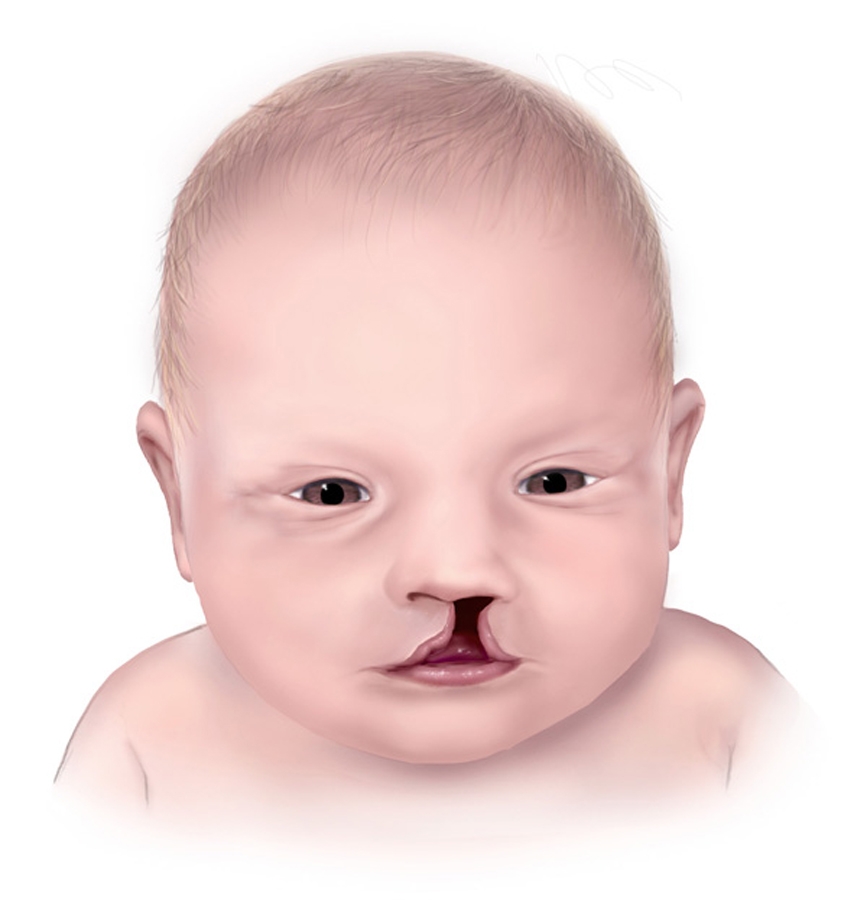
Some of these medication interferes with absorption of folic acid, which may be the factor causing defects in the foetuses. Adding extra folic acid in the diet and adjustment of the dosage of medications can prevent the problem to a some extent. Sometimes addition of vitamin K is needed to prevent excessive bleeding, which can occur if vitamin K is low.
Many medical professionals believe, that advantages of continuing anti epileptic medications is much more important than to stop the medications, if the patient is seen for the first time in pregnancy. Blood analysis to measure the level of medications in the blood helps in determining the minimum dose of medications, which would allow the medications to be continued but reducing the dose, so as to minimise the chances of side effects. But the best course of action would be to use contraception, by women in child bearing age taking these medications.
Isotretinoin is used in treatment of cystic acne. There are records that pregnant women using it, being unaware of the fact that they are pregnant, and it has caused severe adverse effect on the developing foetuses. Abnormalities have manifested in the face & skull ( in form of small or absent ears, underdeveloped jaws and cleft palate and eye problems ) and faulty development of heart and brain. In many countries, pregnancy tests have been advised to rule out pregnancy, before starting this medication. Etretinate is used in Psoriasis and has also been seen to cause side effects in pregnancy, specially in brain and nerves of the developing babies. This medicine stays in the body for many years after its discontinuation and hence ideally should not given in any patient, who is planning pregnancy in future.
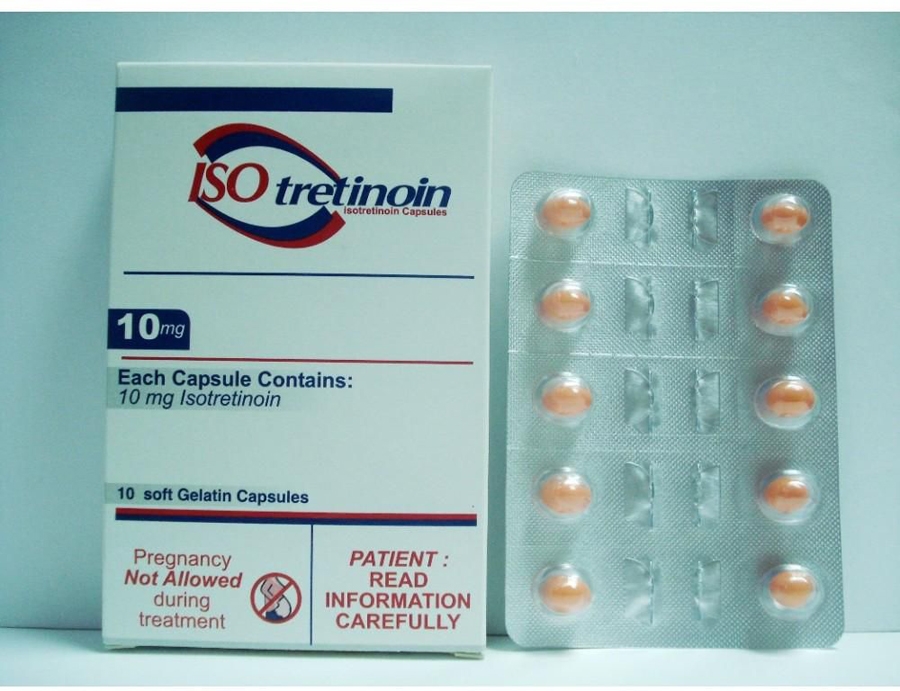
These are medications which increases the time for blood clots to form. These are often given to people suffering from heart diseases. Warfarin is very commonly used medication in the this category and has been seen to cause defects in 5% of the developing foetus. The disturbances seen are – underdeveloped nose, eye abnormalities and mental retardation. Sometimes preterm labour, abortion, still birth or neonatal death may also occur. Bleeding both in the developing baby and the concerned mother may also be seen. A substitute medication – Heparin, serves the same purpose without causing any side effect in the developing baby, but long term use can cause complications in the mother & therefore should be carefully monitored.
The classical medication which are used for hyperthyroidism (increased hormone secretion from thyroid) are –propylthiouracil and methimazole. Unfortunately both of these drugs, pass through the placenta and affect the thyroid status of the developing foetus (baby). Methimazole in addition causes absence of skin over head, in the developing foetus. In hypothyroid (decreased hormone secretion from thyroid) condition, the requirement of artificially administered thyroid hormone – thyroxine, increases in pregnancy. So it is very important that, any woman suffering from thyroid disorder, should stay in continuous touch with a Endocrinologist (a specialist doctor treating diseases of endocrine system).

Many women may think about using medications to reduce tension and anxiety in pregnancy, but some medicines in this category can cause problems, not just in the developing baby, but also in the involved mother. Medicines of benzodiazepine class like – Diazepam (Valium) has been shown to effect foetus negatively. Some antidepressants like lithium have shown to cause defects in the heart and thyroid of developing babies and cause muscle weakness, tiredness and poor feeding in new-borns. Medications like – Amitriptyline (Tryptomer) and Fluoxetin (Prozac) are comparatively safer, but should be taken only under medical supervision.
Nausea and vomiting is a very common symptom, which is observed in pregnancy and almost 70 to 80 % women suffer from morning sickness. An attempt should be taken to avoid the classical medications used for nausea and vomiting. Pyridoxine (Vitamin B6 ) has shown to be effective in many studies. Combination of Vitamin B6, with Doxylamine, given in divided doses in morning, afternoon and at bedtime has shown promising result in nausea of pregnancy. The extreme form of nausea and vomiting and associated with weight loss and electrolyte imbalance, may sometimes require hospitalisation, for administration of intravenous fluids, antacids ,dietary changes and rest. In this condition no attempt in self medication should be attempted, as the patient would require strict medical supervision.

Supportive measures in form of lifestyle alterations can also be useful. Some of these are – getting up very slowly in the morning, taking small meals (and always avoid overeating) at frequent interval, and taking light protein snacks in night. There are some food additives which decreases morning sickness significantly with food or sometimes just by smell only. These are – Crackers, peppermint, fresh lemons, yogurt, herbal teas. Some people also benefit from stoppage of iron capsules or vitamins containing iron supplement, but this can be a difficult proposition in women, suffering from anaemia. Foods rich in iron is advised in such condition. Ginger has also shown to be useful in pregnant women, for controlling nausea and vomiting, it can be taken both in it’s natural form or as capsules, after discussing with the treating Gynaecologist. Some foods have been found to increase nausea and vomiting in pregnancy. They are – Citric fruits, oily and spicy foods and sometimes milk products too. All those foods causing nausea and vomiting should be avoided.
The most common medications used to treat common cold are antihistamines and decongestants. Most common medications like chlorpheniramine and Astemizole are believed to be safe but the other medicines in this class have shown to cause some side effects. All antihistamines should be avoided in the last two weeks of pregnancy, as use in this period have shown to effect the eye development of the foetus. The best advice for pregnant patients, would be to avoid medications and should attempt to get relief by natural methods like steam inhalation (if it does not increase nausea), humidifier, increased intake of liquids. If the need for medication use becomes inevitable, then using a single medication rather than drug combinations is preferred.
Medications like Aspirin, decreases contraction of uterus and women taking aspirin develop complications like delay in onset of labour which is of longer duration. Sometimes even the pregnancy may be prolonged. Aspirin also increases the bleeding, both before, during and after delivery. It can also cause problem in the developing foetus.

Ibuprofen and diclofenac increases the chance of miscarriage in first half of pregnancy and in third trimester may cause a blood vessel in the developing baby to close prematurely, resulting high blood pressure in lungs and the right side of the heart of the baby. So these medications should be avoided in pregnancy, specially in the third trimester. If the need of medication use is utmost, then acetaminophen (Paracetamol ) is much safer option. Natural remedies like hot fomentation and rest are also advised.
Medications like Penicillin and it’s derivatives like ampicillin and amoxicillin, are believed to be safe in pregnancy (but the newer derivatives are not so safe), but should be used only after ruling out the drug allergy. Ampicillin in some patients can cause diarrhoea, which in pregnancy creates it’s own set of complications. Dosage may have to be reduced, if kidney function is impaired as these drugs are primarily excreted from the body by Urine. Antibiotics of the class – Cephalosporins and Sulphonamides are believed to be relatively safe. Nitrofurantoin, which is very commonly used for treatment of lower urinary tract infections, is relatively safe in pregnant women except in last trimester, when it can cause haemolytic anaemia in the new-born.
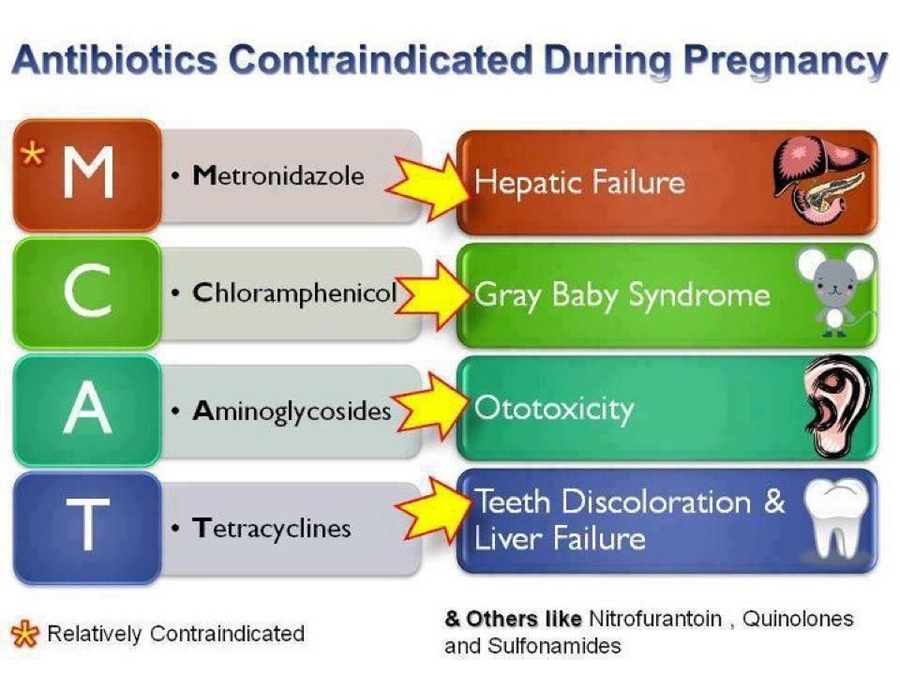
Broad spectrum antibiotics like Tetracyclines, passes through the placenta and effects the bone formation in the developing foetus, which manifests itself as discolouration of teeth with associated underdevelopment of enamel and staining of teeth. The bone growth is also decreased. The other broad spectrum antibiotics like Ciprofloxacin, which is very commonly used in conditions like diarrhoea and other infections, have shown to effect the developing bones and cartilages of the foetus. Antibiotics of the class – Aminoglycosides, like streptomycin and kanamycin have caused hearing loss of babies, of mother who received those drugs in pregnancy. For these reasons alternate antibiotics should be used in pregnant women.
Women who were already taking medications for asthma before being pregnant should not stop medications without consulting their physicians. A severe attack of asthma can sometimes cause more damage to the developing foetus, than the side effects of medications. Uncontrolled asthma can also cause premature birth. The triggering factors for asthma – Common cold, flu, acid reflux, smoke, emotional upset, exercise, strong smells; should be avoided. Inhaled medications having bronchodilators ( and including steroids) are the most commonly used treatment, as they prevent the inflammation causing bronchial constriction and have relatively less side effects.

The other common medications used for asthma patients by injections and oral route are Aminophylline and Theophylline and their derivatives; they are believed to be safe in pregnancy, but their dosage may be needed to be increased. Terbutaline is a drug commonly used as bronchodilator and that too has been shown to give good effects in pregnant ladies, without any evidence of birth defects. Some people may also be on steroids, as medications for asthma, they should take caution and consult their physicians as, exposure to steroids in first trimester may cause cleft lip and cleft palate. If still the decision to continue medication is taken then, prednisone and methylprednisolone may be taken as the concentration of these drugs in the developing baby is only a small fraction to that of the mother.
For treatment of high blood pressure in pregnancy, Alpha methyl dopa and hydralazine have been found to be safer options, as no birth defects are seen with these medications. Atenolol, which is very commonly used in non pregnant population, has been seen to cause low birth weight and preterm delivery. Medications like – Enalapril and Captopril, which falls in category of ACE inhibitors, are believed to be safe in the first trimester, but if taken afterwards can cause problem in proper development and function of kidney, limbs, face and skull and lungs. So this group of drugs should always be avoided in pregnancy, and specially never used in second and third trimester.
This category has multitude of different medicines. Medicines like Methotrexate can cause deformities in skull and limbs. In few rare cases even abortions may be seen. Medicines like azathioprine, which are given in Kidney transplant cases have been seen to cause decreased white cell count in new born as well as less development. Cyclosporin may cause prematurity and growth restrictions. Stunted growth, faulty brain development, cleft palate are the common adverse effects seen with most chemotherapeutic agents.
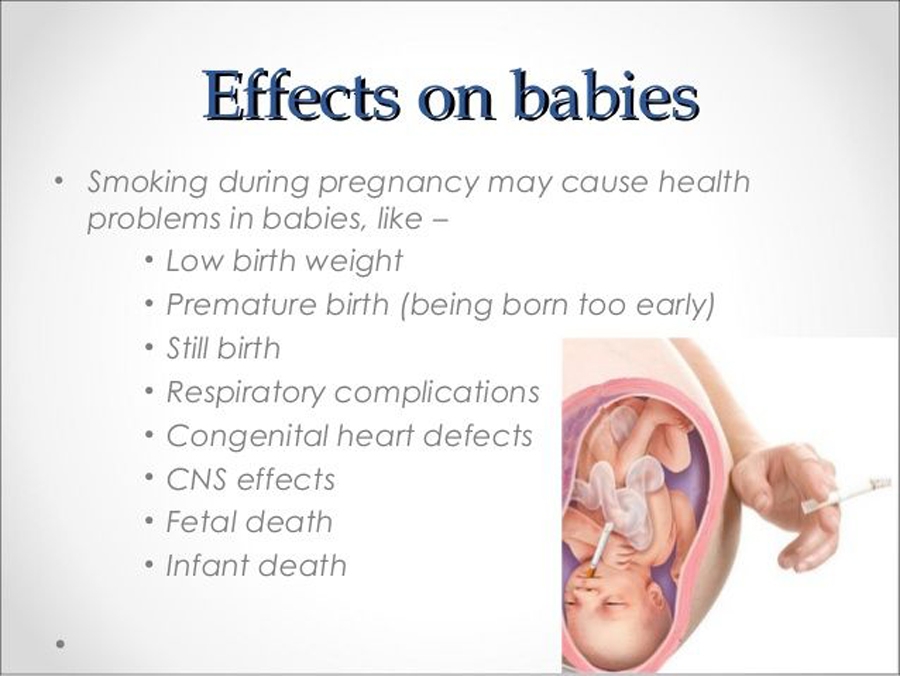
The smoke of tobacco contains may harmful elements. Chief among them are- Carbon monoxide and nicotine. Smoking directly effects the foetus in uterus and makes it smaller in size and also causes premature labour. Smoking also increases the chances of abortion. The harmful effects are due to main toxins – Carbon monoxide, which decreases oxygen delivery to the growing foetus and Nicotine, which decreases the blood flow to Uterus. The damage inflicted in the foetus is directly related to the number of cigarettes smoked. Passive smoking by staying in close proximity of a heavy smoker has also been associated with low birth weight of the baby. Stopping smoking at the time of pregnancy certainly decreases the chance of complications, but for chronic smokers, who are addicted to it, this may not be very easy thing to do. A gradual withdrawal over few weeks, with cigarettes containing less nicotine is a good alternative, but may not always work, and sometimes professional help from deaddiction centres may be required.
Alcohol is also very dangerous to the developing baby in the uterus. The most severe manifestation is Foetal alcohol syndrome. This may present as – growth retardation which can manifest both before and after birth, facial deformity of the developing baby, small head and mental retardation in a woman who is a heavy drinker. Other associated complications – like increased death rates of babies just before or after birth are also seen along with congenital heart disease and other abnormalities in urinary and reproductive systems of the developing babies
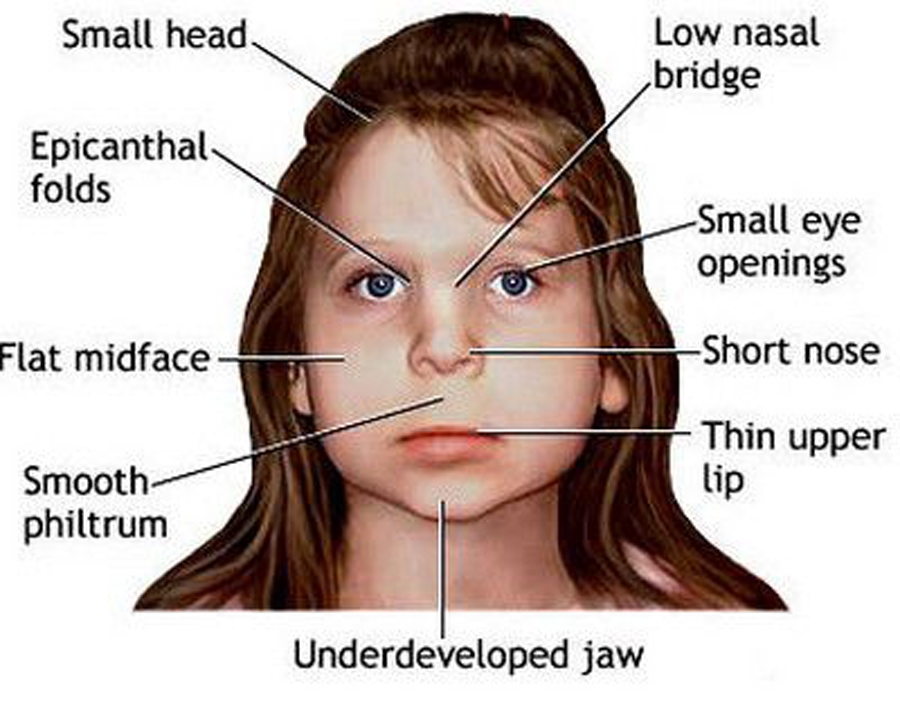
Caffeine is present in many regular drinks like- Tea, Coffee, Non Cola sodas (like mountain dew), Chocolate and Ice cream. The literature describing high intake of caffeine gives conflicting opinion. Some believe that a severe excess intake of caffeine may result in still birth, abortions and pre maturely born babies with low birth weights. Other studies are inconclusive.
In pregnancy, the affected females develop many complaints like pain, tension and viral illness. Besides, many pregnant women who already suffer from some pre-existing disease would be already on some short of medications; some of the common problems of these women are – Epilepsy, High Blood Pressure, Thyroid problems, Diabetes and Asthma. So for women like these stopping medications, can be dangerous for both the mother and the baby in her womb, as these diseases in uncontrolled state may interfere with the proper development of the baby.
Any medication which is being taken for a chronic illness, should not be stopped without informing the doctor as that can create dangerous consequences .The patient should give the attending physician/Gynaecologists, the details of her present /past medical history and mention the medicines, she is taking at present or has taken in the past. Any substance abuse in the past and present should be informed to the treating doctor.
Under no case should anybody try self medication, without consulting an experienced doctor first .Depending on her illness and severity of complaints, the treating doctor would prescribe her medications, which would be the minimal dose sufficient enough to cause the desirable effect and that too after judging the risk benefit ratio. Any undesirable side effect should be brought in attention to the medical practitioner. Lifestyle alterations and general supportive measures, should always be tried before resorting to the pharmaceutical pill, as a last resort.

This article is written just for general information, for the women planning pregnancy. It is certainly not a substitute, for a personalised examination and opinion, by a registered medical practitioner (Gynaecologists). All opinions expressed in this article, is based on current prevalent knowledge. But new development occurs in medical sciences everyday, which may be totally different from opinions and views, held by the experts in the past. So there is a chance ( although very little), that in future some different results may be obtained from breakthrough research, which may make the previous knowledge discussed here obsolete. So it is always advisable, to take medications only after consultation and examination, by an experienced Registered Medical Practitioner.